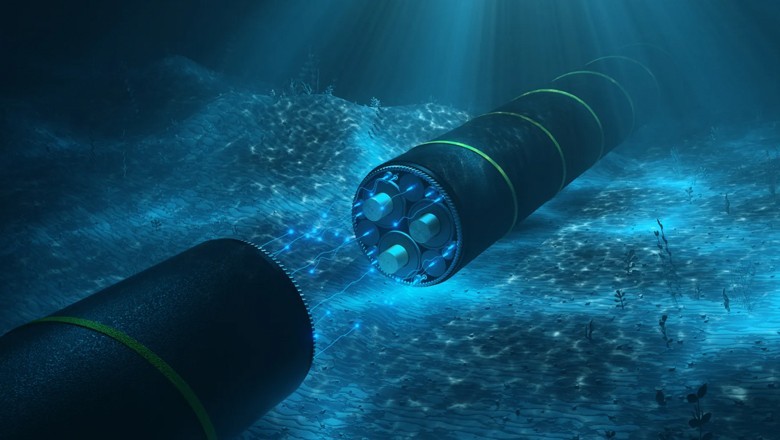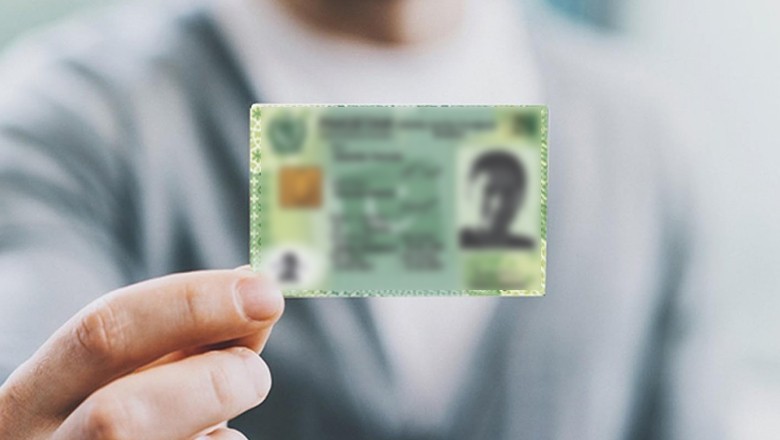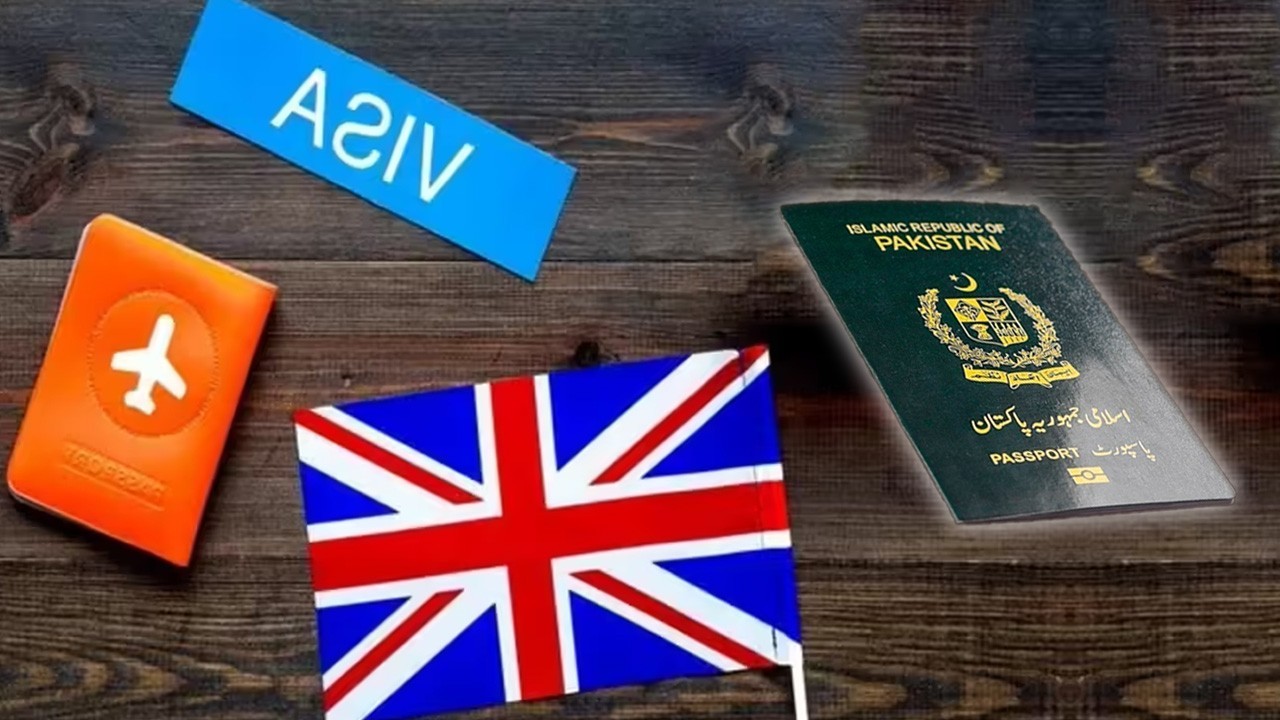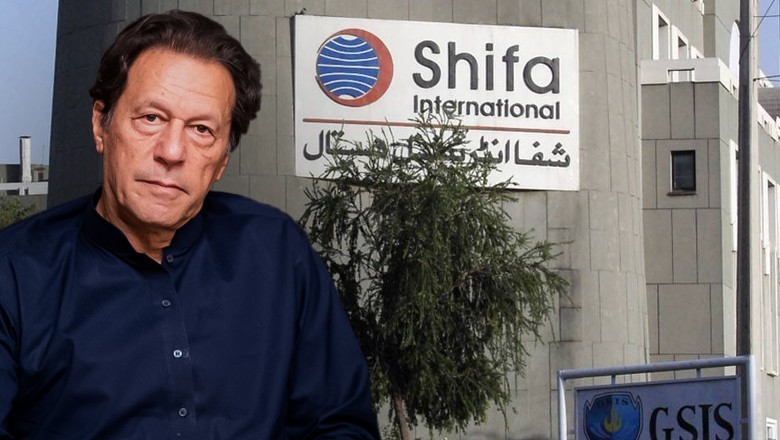Internet speed drops in Pakistan, other countries due to undersea cable damage

Web Desk
|
8 Sep 2025
A major disruption to global internet traffic hit Pakistan and several other countries in Asia and the Middle East after undersea fiber-optic cables in the Red Sea were damaged, causing slow connections, according to the internet monitoring organisation NetBlocks.
Pakistan Telecommunication Company Limited (PTCL) also confirmed the damage in a statement released on Saturday.
Global technology company Microsoft noted on its status page that users in the Middle East may experience delays due to the cable cut. The company clarified that while the network has been affected since Saturday, internet traffic that does not pass through the Middle East remains largely unaffected.
NetBlocks added that the damage occurred near Jeddah, Saudi Arabia, affecting the SMW4 and IMEWE (India-Middle East-Western Europe) cable systems.
These cables are operated by Tata Communications, an Indian company, and an international consortium overseen by Alcatel-Lucent, though neither company has issued a comment so far.
Read more: Mobile internet services suspended across Balochistan amid security concerns
Residents in Dubai and Abu Dhabi reported slow internet on state networks DU and Etisalat, while no official explanation has been provided by Saudi authorities.
Internet experts explained that undersea cables form the backbone of global connectivity. Along with satellites and landlines, they carry the majority of international internet traffic. While service providers often have backup routes to redirect traffic, users may still experience slowdowns and delays during such incidents.
Earlier in 2024, Yemen’s exiled government claimed the Houthis were planning attacks on undersea cables, which coincided with disruptions in several lines. However, the Houthis did not officially claim responsibility at the time.
On Sunday, their satellite channel Al-Masirah acknowledged the damage reported by NetBlocks.
According to AFP, around 1.4 million kilometers of fiber-optic cables have been laid across the world’s seabeds, supporting vital sectors such as trade, finance, public services, digital health, and education.
The International Cable Protection Committee notes that undersea cables are damaged 150 to 200 times a year, usually due to fishing activity, ships dropping anchors, or aging infrastructure. Repairs can take weeks, as specialized ships and crews must reach the affected sections underwater.












Comments
0 comment